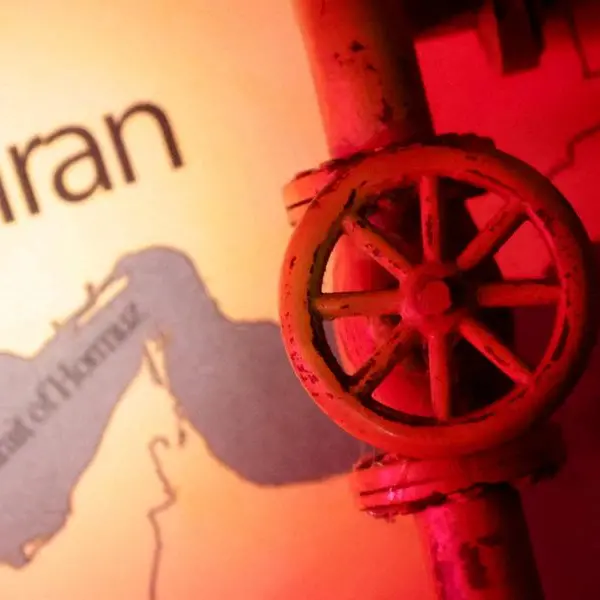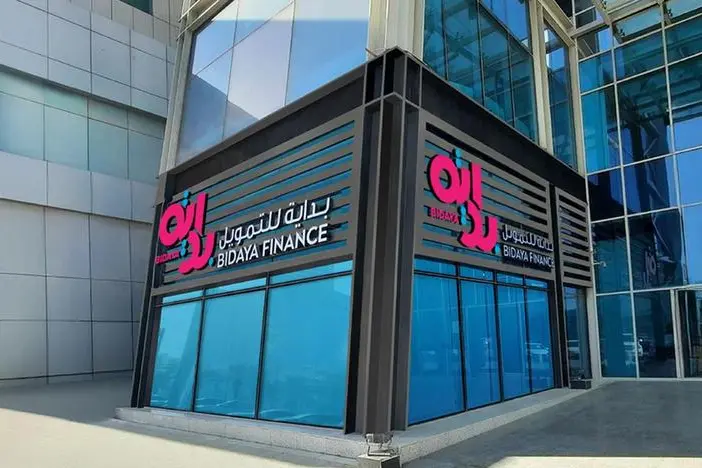PHOTO
Bahrain's Telecommunications Emergency Response Plan, recently unveiled by the TRA, is a critical component of sustaining the sector's work under various circumstances and enhancing its ability to respond to any cyberattacks, said Yaqoob Al Awadhi, an information technology expert.
This plan is vital in terms of ensuring the work of other sectors like health, education, energy, and other aspects of work, production, and public life in Bahrain, in a manner that boosts the digital transformation process of the kingdom.
It has been released at a time when the telecommunications sector is experiencing a surge in developments following the adoption of fifth-generation technology in China and the start of discussions about sixth-generation technology in China, as well as the subsequent abandonment of this technology by many western countries for fear of sabotage or espionage" stated Al Awadhi, who is also the chief executive of NGN International, a full-fledged systems integrator and Managed Security Service Provider based in Bahrain.
Al Awadhi pointed out that the World Economic Forum "Davos" had recently issued warnings about the growing risks to the telecommunications sector and cybersecurity in general, as well as the soaring rise of ransomware crimes, which increased by 151% in 2021 alone.
According to some estimates, the annual cost of cyberwarfare is nearly $6 trillion, he noted.
"The emergency response plan for telecommunications is closely related to the readiness of Bahrain to respond to any cyberattacks. It is increasingly necessary for all nations, companies, and individuals to be concerned about their cybersecurity, especially since cybercriminals put themselves at the service of those who are willing to pay more, for stealing information or causing the greatest harm to others," stated Al Awadhi.
Al Awadhi, lauding the comprehensiveness of the plan, said it was developed in collaboration with all stakeholders to lay the foundations and processes for an efficient and coordinated sector-wide response to any communications-related emergency.
He pointed out that even a large corporation can no longer protect itself on its own, but must instead develop partnerships and alliances with experts, specialists, and service providers.
"There used to be a tendency for companies in Bahrain that were subject to cyber-attacks or blackmail to be reluctant to share information due to concerns about their reputation, but that has changed in recent years and there is a belief that engaging in disciplined information sharing is essential to improving cybersecurity standards," he added.-TradeArabia News Service
Copyright 2022 Al Hilal Publishing and Marketing Group Provided by SyndiGate Media Inc. (Syndigate.info).




















